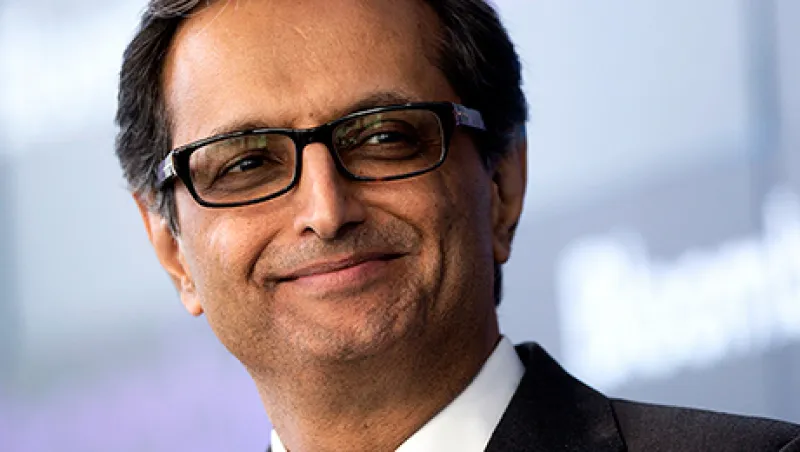
Ex–Citi Boss Vikram Pandit Backs Peer-to-Peer Lending
The former CEO of Citigroup has put his money behind online lenders CommonBond, Orchard Platform and PeerIQ.
Kaitlin Ugolik
February 24, 2016


